Call for Compliance with Maritime Law and Support of Vessels involved in Sea Rescue
Dear Commission president von der Leyen,
dear Commissioner for Home Affairs Joha nsson,
dear Heads of European Member States,
The undersigned organisations are writing to you in order to call for your compliance with
maritime law, and to urge you to ensure the full and unconditional support for vessels which
fulfill their duty to rescue people in distress at sea.
The European Union and its Member States have been breaking applicable law in the
Mediterranean Sea for several years. Meanwhile, vessels that comply with their duty to
render assistance to people in distress at sea are largely left alone by European authorities
or even criminalized.
The following Open Letter recalls the legal obligations of actors at sea that witness people in
distress, as enshrined in the UNCLOS, SOLAS and SAR conventions, the IMO Guidelines on
the treatment of persons rescued at sea, as well as in international human rights and
refugee law principles such as the principle on non-refoulement.
The undersigned remind the European Commission and Heads of European Member States
that actors at sea are bound by those legal principles and reaffirm their commitment to
respect them. The undersigned equally expect the European Commission and Heads of
European Member States to fulfill their obligations, respecting and implementing
international law accordingly.
The signatories urge the European Commission and Governments of European Member
States to ensure that:
– all rescue operations are coordinated
– ports for disembarkation are assigned without delay in a place of safety and in
compliance with the principle of non-refoulement
– European support units are deployed in the case that a ship is incapable of rescuing
– no master of a ship is criminalized for rescuing people in distress
1. Emergency Phase
The signatories remind the Heads of European Member States as well as the European
Commission that a distress con dition is qualified when a grave and imminent danger
threatens a vessel or a person which/who consequently requires immediate assistance
(point 3.3.4 IAMSAR vol. II; point 1.3.11, Annex to the SAR Convention) in consideration with
other factors (humanitarian and navigational criteria) according to article 9 of EU Regulation
656/2014 of the European Parliament and the Council of 15 May 2014.
A master of a ship aware of a distress situation is obliged to contact the appropriate Rescue
Coordination Center (RCC): the RCC in charge of the Search and Rescue Region (SRR), the
nearest RCC, or any RCC which can be reached (point 3.1, IAMSAR vol. III) in order to share
evaluated and classified information about the circumstances (point 3.2.1, b), IAMSAR vol.
II).
A master of a ship is obligated to respond to an alert and deviate from course to go to the
position of the distress case in order to rescue as quickly as possible, provided that the ship
is capable of giving assistance (Regulation 33/V, Annex to the SOLAS Convention). In case
the ship is not able to assist, the ship master is bound by the duty to alert an appropriate
unit about the distress situation. The decision on whether or not to assist is subject to the
discretion of the ship master, taking the safety of their crew and ship into consideration.
Consequently, the signatories urge the European Commission and the Heads of European
Member States to ensure that rescue operations are coordinated, rescue units are
deployed and captains of ships in the vicinity of people in distress are assisted in carrying
out their duties.
The signatories demand the dispatch of appropriate European rescue units without any
delay, particularly in the case that a ship is not able to render assistance in a distress
situation .
2. Rescue operation
The signatories remind the Heads of European Member States as well as the European
Commission t hat actors at sea are bound by the duty to render assistance to anyone in
distress without any delay according to the general obligation of article 98 (1) (a) of UNCLOS
and regulation 33/V in the Annex of the SOLAS Convention.
The master of a ship is obligated to maintain communications with the RCC during the entire
rescue operation, including information about conditions, assistance needed and actions
undertaken (point 5.1.5, Annex to the IMO Resolution 167(78)), information about
survivors, the overall progress of the operation, or any help that the rescuing ship may need
(point 6.10, Annex to the IMO Resolution 167(78)).
The ship master has the duty to do everything possible within the capabilities and
limitations of the ship to treat survivors humanely and meet their immediate needs, as
stated in point 5.1.2 of the Annex to the IMO Resolution MSC. 167(78).
The master of a ship has the duty not to discriminate. They are obligated to provide the
names, ages, genders, apparent health and medical conditions, as well as any special
medical needs of the rescued people to the responsible authorities, as stated by the
Principles relating to administrative procedures for disembarking persons rescued at sea of
the IMO (point 2.2, FAL.3/Circ.194).
Consequently, the signatories urge the European Commission and the Heads of European
Member States t o ensure that the responsible European RCCs actually fulfill their duties in
terms of responding to calls and supporting rescue operations through their coordination.
The signatories demand that t he European Commission and the Heads of European
Member States ensure that no distincti on between people is made when a rescue is
coordinated.
The signatories urge that they are supported in their humane treatment of survivors,
meaning the provision of assistance and first aid for people in need of special care and
medical attention.
Furthermore, the undersigned appeal to the European RCCs for the deployment of
support units and the coordination and implementation of medical evacuation and
assistance if required by the situation.

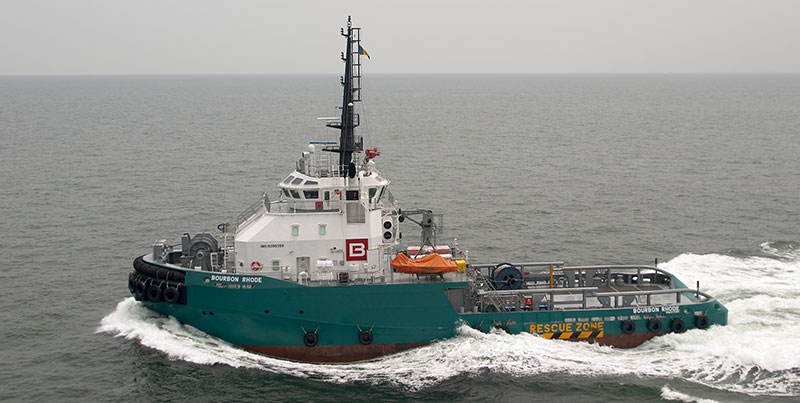
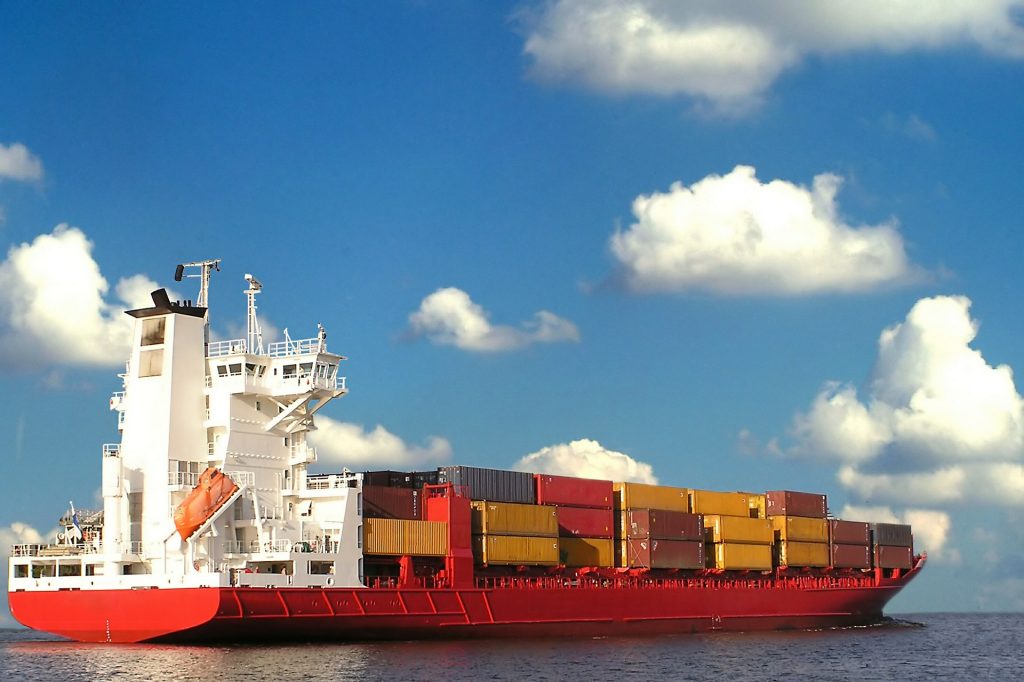
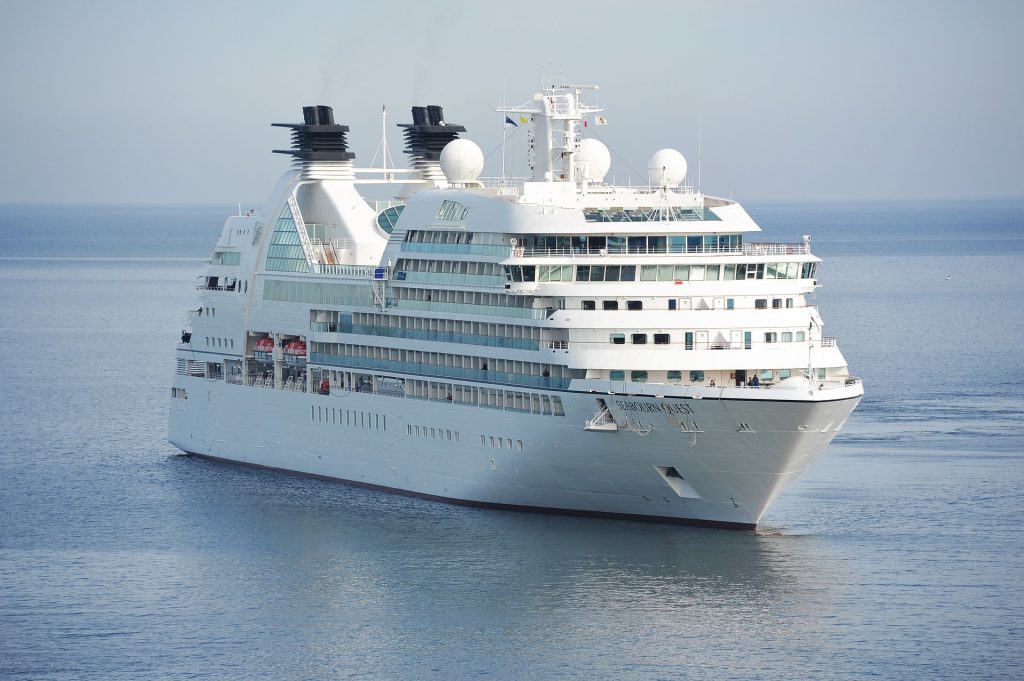
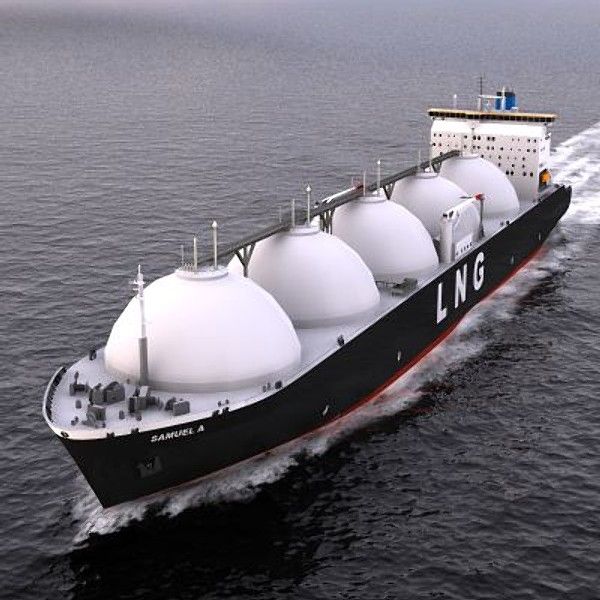
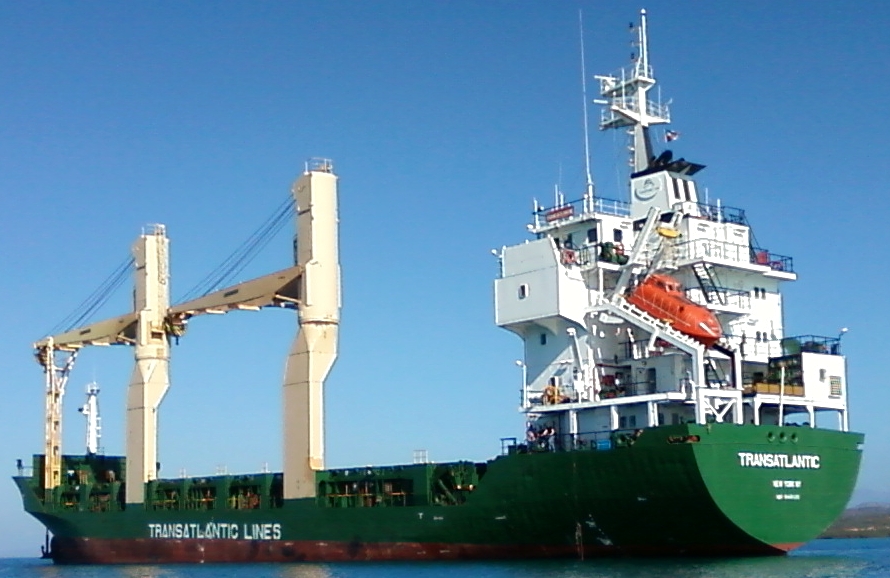
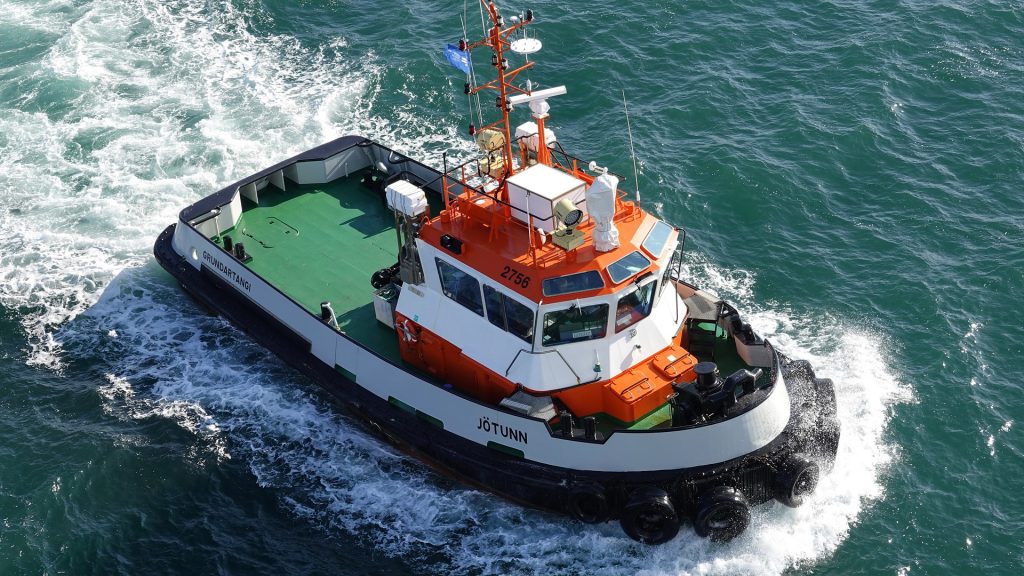
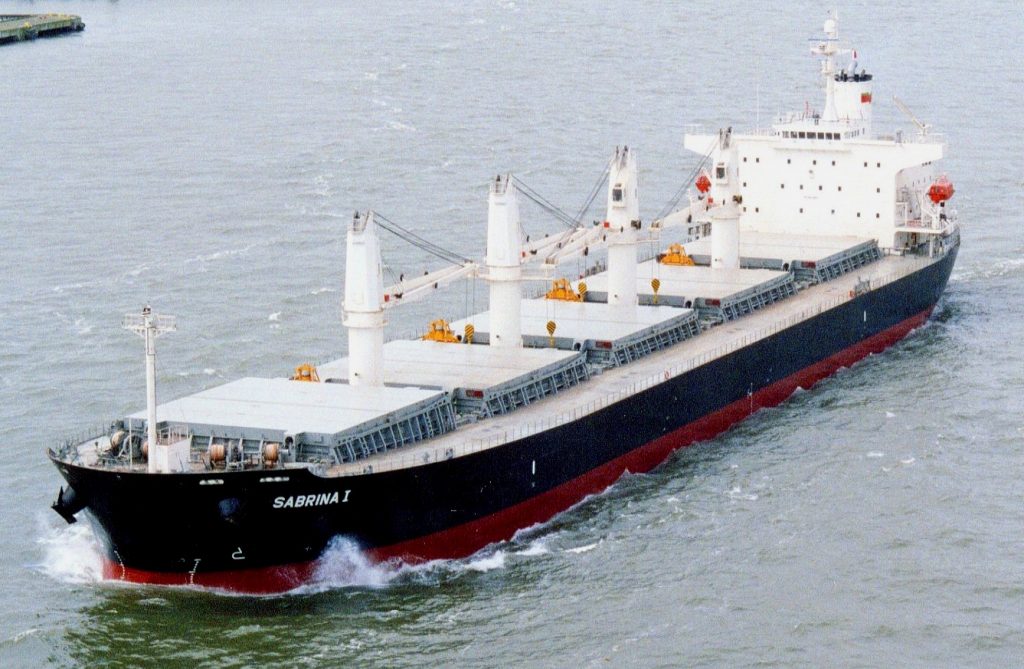
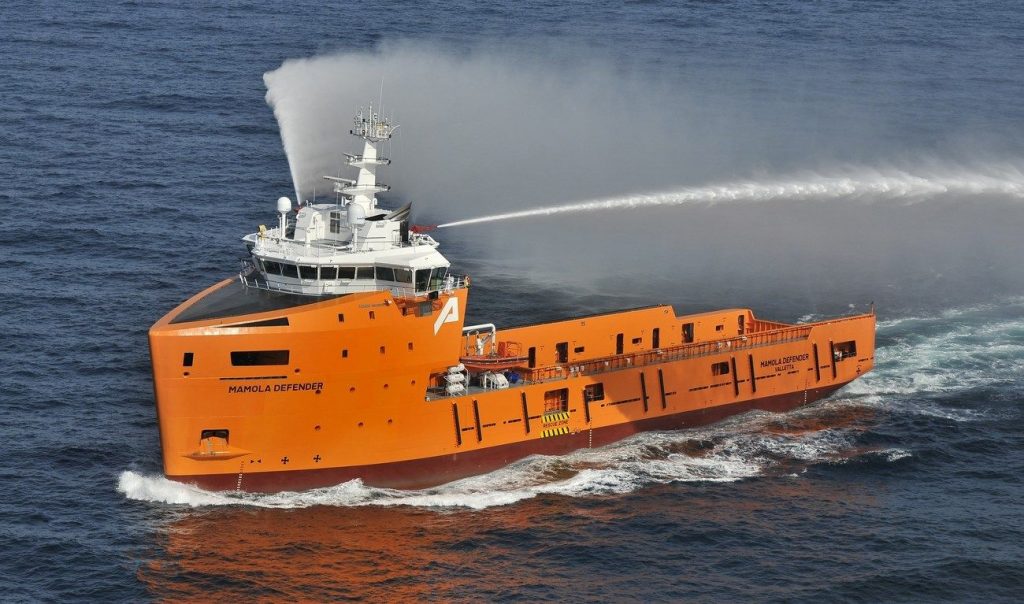
Odgovori